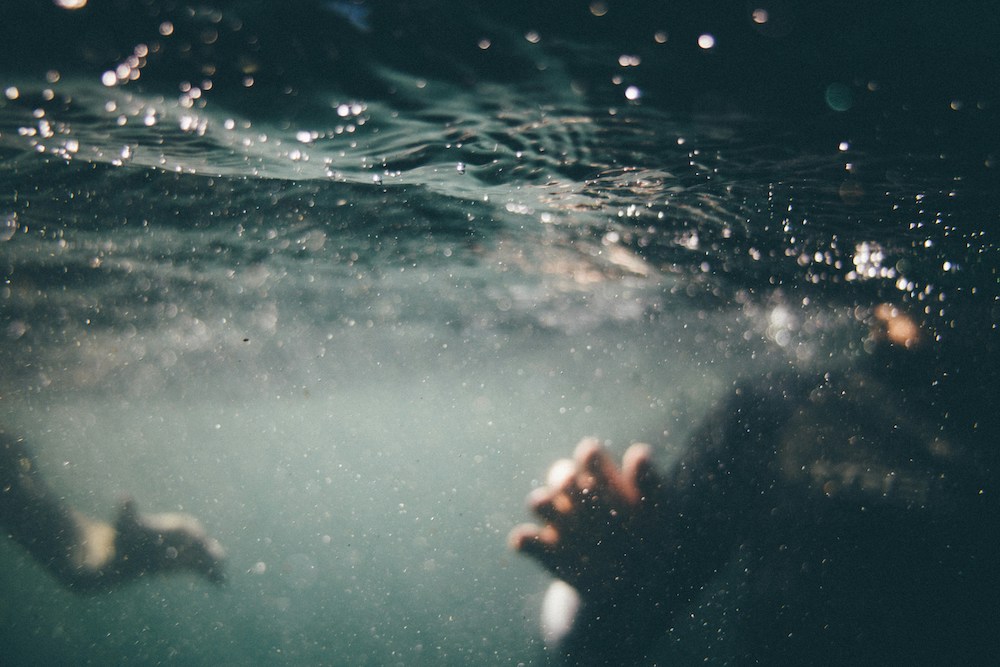In September 2014, a woman was driving on Highway 403. She was in the centre lane, when she began to change into the right lane. At the last minute, she noticed a car and pulled back. But she overcompensated and flipped her car, which landed on its roof, partially impaled on the guard rail. The car quickly caught fire.
Spencer Bokstein witnessed the crash. He swerved around the car, then pulled over ahead of the wreckage. With the help of another man, Spencer Bokstein pulled the woman from the wreck. She had minor injuries but was in and out of consciousness.
In cases like these, good Samaritans can save lives and prevent further injury. In fact, many people are encouraged to provide aid during emergency situations.
However, not all cases go as smoothly as this one. In some instances, the rescuer causes further harm to the victim. Threats of personal injury lawsuits keep many would-be rescuers on the sidelines.
If you hurt someone while you’re trying to help, can the victim sue you?
UNDERSTANDING THE GOOD SAMARITAN ACT
In 2001, Ontario and several other provinces enacted the Good Samaritan Act. According to this act, any health care professional who voluntarily provides first aid to an injured person is not liable for damages, unless gross negligence caused the damages.
For instance, if you perform CPR on a woman and happen to break a few ribs in the process, she can’t sue you for causing her injury.
What If I’m Not a Health Care Professional?
The Good Samaritan Act also covers any individual “other than a health care professional” who provides first aid at the immediate scene of an accident or emergency.
What Is Gross Negligence?
Gross negligence means serious carelessness. The individual did not conform to the accepted standard care, and his or her actions were willful, wanton, or malicious. It is up to the judge and the jury to determine negligence on a case-by-case basis.
For example, you notice someone in your restaurant having a heart attack. You jump to his or her aid and perform CPR. You performed CPR to the best of your ability, but you did not know the correct ratio of breathing to compressions. In this case, you were negligent because you weren’t up to date on CPR standards, but you were not grossly negligent.
However, if you started giving CPR, noticed that the individual was a criminal in your area, and stopped giving CPR as a result, the act would be willful and wanton negligence. The Good Samaritan Act would not protect you.
What about the Chase McEachern Act?
In Ontario, the Chase McEachern Act accompanies the Good Samaritan Act. Like the Good Samaritan Act, the Chase McEachern Act protects individuals providing first aid during an emergency. However, this act applies specifically to the use of heart defibrillators.
AM I LEGALLY OBLIGATED TO HELP DURING AN EMERGENCY?
In many cases, you are not obligated to provide first aid during an emergency, though you are encouraged to help if you can.
But in the case of a vehicle accident, every person in charge of a vehicle that is directly or indirectly involved in the accident must “render all possible assistance.” This can include giving first aid to the victim of a crash.
If the victim is conscious and doesn’t want your help, then it’s best to respect the victim’s wishes and let the paramedics provide aid.
WHAT IF I DON’T KNOW CPR?
According to experts at the St. Michael’s Foundation, even poorly delivered CPR can save a life. Even if you have never taken a CPR course, or if your CPR certificate expired, you should make an attempt.
Before starting CPR, call 911 and report the situation. The dispatcher will guide you through the CPR process.
Do I Have to Do “Mouth to Mouth”?
No, you do not have to give “mouth to mouth” during an emergency. Canada’s new guidelines assert that chest compressions alone can help.
What If the Person Dies?
Both the Good Samaritan Act and the Chase McEachern Act protect you while you’re providing CPR and emergency help.

